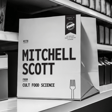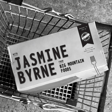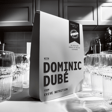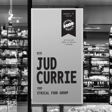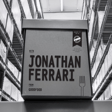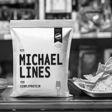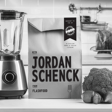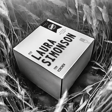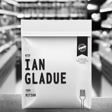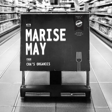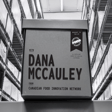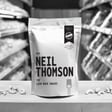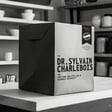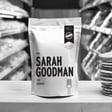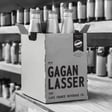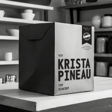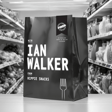
Paul Tylla | Heal
Holistic nutrition, delicious meal replacements, plant-based innovation, and the healing power of love, science, and determination - THAT’s what’s in store for you in this episode of Aisle 42 where I talk with Paul from Heal. If you’ve ever blended up some smoothie or vitamin powder and felt like your taste buds, body, and bowels deserve better… then you’re going to love this conversation.
And for those of you interested in this kinda stuff, yes - Heal is a part of our Ethical Food Group family.
To learn more about everything Paul and his team are up to visit https://drinkheal.ca/
To learn about who is behind this podcast go to: https://www.ethicalfoodgroup.com/podcast
Here’s a summary of this interview:
Introduction to Heel: Paul Tylla shares the inception of Heel, a plant-based nutrition product inspired by his personal experiences and commitment to providing better nutritional solutions for his loved ones.
Vision of Future Grocery Stores: Paul envisions a grocery store of the future filled with whole foods, sustainability, and an emphasis on quality over quantity, where food acts as medicine.
Personal Journey: Paul's journey into entrepreneurship began when he cared for the mother of his children, who was diagnosed with ALS. This experience led him to question the quality of nutritional products available for the sick.
Challenges in Product Development: Paul discusses the complexities of formulating a high-quality product that meets Health Canada's guidelines for meal replacement without using synthetic additives.
Focus on Health: Heel is designed for people who prioritize health, vitality, and longevity over mere appearance or performance enhancement.
Plant-Based Ingredients: The decision to make Heel plant-based was driven by a desire to avoid cheap fillers and to leverage the nutritional benefits of plants, reducing inflammation and promoting overall health.
Consumer Feedback: Consumers report feeling tangible benefits from using Heel, such as increased energy and improved well-being, due to the high bioavailability of the plant-based nutrients.
Product Versatility: Heel stands out for its ease of use, palatable taste, and lack of common issues like chalkiness found in other nutritional powders. It can be easily mixed with water or other beverages.
Commitment to Quality: Heel's formulation is rooted in a commitment to providing the best possible product, avoiding compromises on quality, and ensuring that every ingredient is beneficial.
Educational Mission: Paul emphasizes the importance of educating consumers about the benefits of plant-based nutrition and the holistic approach of integrating nature's intelligence into product development.

